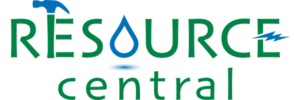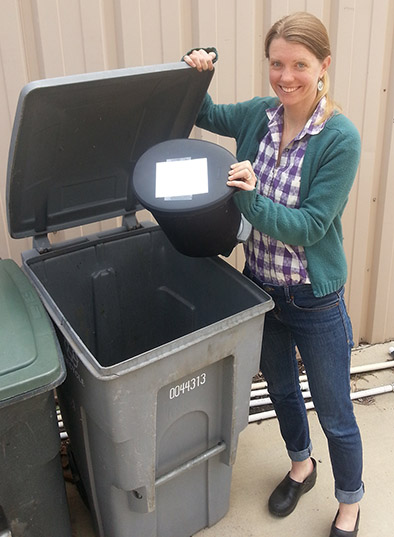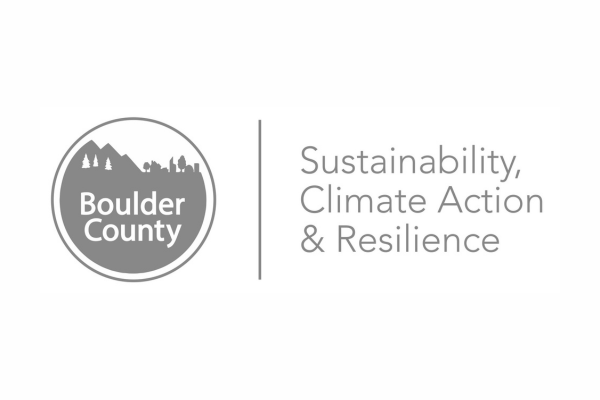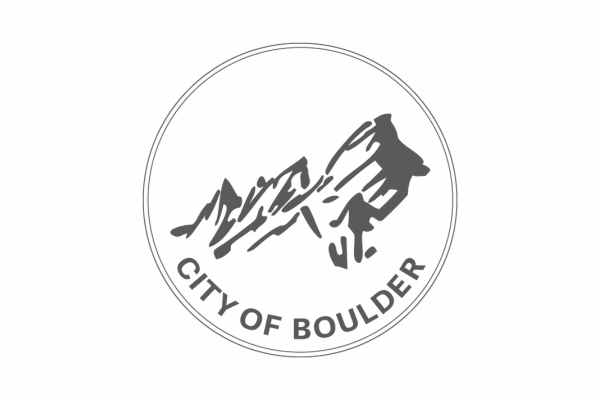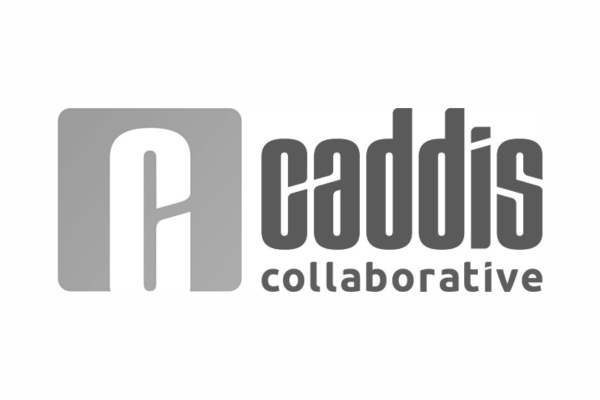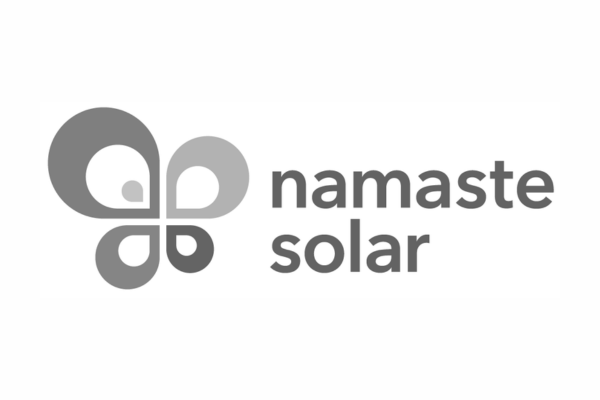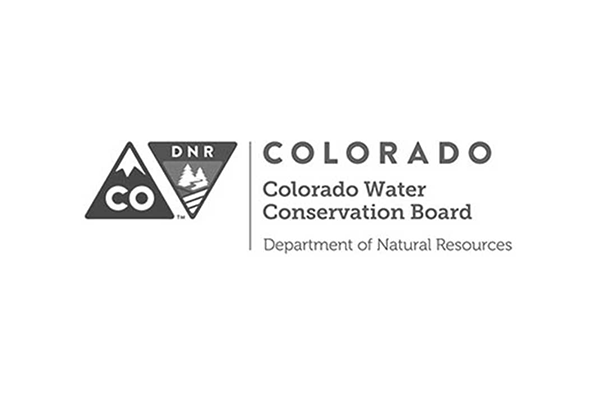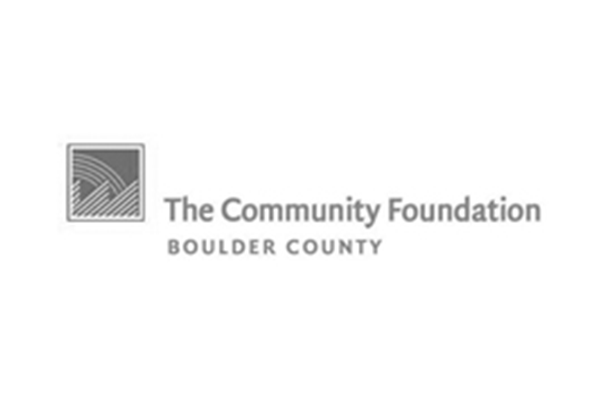By Morgan Shimabuku – Senior Manager of Sustainability Programs
Lately I’ve been thinking about trash. I’m someone who is irked by litter on the sidewalk, and will go so far as to bend over and pick it up, so long as it doesn’t look too dangerous or germy. I also don’t consider an empty soda can, or crumpled piece of paper, or plastic water bottle, etc., to be a piece of trash – these are all recyclables. I was raised with the frame of mind that recyclables and trash are two distinct categories, so when I see recyclables on the ground, that irks me even more because those are essentially reusable items that are instead, littering my community. Seeing litter on the ground, whether recyclable or not, is what has been triggering my thoughts around our culture’s waste, and more specifically, my own. I don’t want my waste (both the trash and recyclables) to end up in the creek that runs along the road that I bike to work along. I don’t want it in a landfill either. And, as I’ve learned more about the recycling process, I want to send as little of it as possible there as well. Not that recycling is totally flawed, but it is certainly not as efficient from a resource standpoint as reuse or repurposing is. And even better in my mind and from a resource conservation standpoint, is to not create the demand that drives the consumption of the resource in the first place.
But thinking about cutting down my own waste stream feels hard. I already recycle pretty much everything that I can (as you probably could have guessed), I also compost food scraps, I use cloth grocery bags, I make most of my own household cleaning products and some of my own bathroom products, I carry a water bottle, and since I don’t drink coffee (I know, this is odd), I rarely have to throw out a paper coffee cup. The low hanging fruit in my wasteful life feels like it has already been picked. But I still feel that I could do better, and I know that if I want a world for my children that is half as wonderful as the one that I grew up with, I’m going to have to do better. I was born when there were 4.7 billion people – my children are likely to be born when there are more than 7.3 billion – so the waste habits of me and my generation will need to significantly change to make sure that our world is preserved for them.
My first inclination when setting a goal around cutting down my own waste was to go big – all the way down to zero. What a noble goal and how cool I could feel in my own little eco-conscious world if I cut out essentially all waste from my life! Others have done it, and have done it well (see links below), so why can’t I? Those were my initial thoughts. A few seconds later, I felt overwhelmed with the magnitude of that goal. What about packaging? What about that new pair of skis that I really want to buy myself – those will surely come in some plastic wrapping. What about tampons, and new light bulbs and beer that my husband and I buy cans of on a weekly basis? In a theoretical world, going zero waste would be awesome. In my own, tangible world, it would be really, really, really hard. It might even be burdensome to the point where I would just give up and do nothing (more) at all. So in order to ensure that I continue to make steps in the right direction, and to feel like those steps were good enough to have meaning, but not so difficult that I would fall short, I got the idea of choosing one waste-cutting habit/tactic per month, for 12 months, and seeing at the end which new habits I was ready and able to keep up.
Starting this July (Why July? Why not? Why wait till New Years to make a resolution? July seemed like the right time, 2nd half to 2015, not too far away, but not so close that we would be caught off guard by our own ambitious goal) my husband and I (yes, I got buy-in from him first) will work through the following list, one per month – trying to add on to the reduction in waste every 30 days until July 2016. We developed this list by picking and choosing from all the great sources and recommendations from the zero-wasters who have come before us. I’ve listed my favorite websites and books below in case you’re interested in trying to do this too!
- July – Toothpaste – make my own
- August – Microfiber mop – non-disposable mop
- September – Plastic bags – no more from the grocery store, not even for produce and bulk food
- October – Beer – growler instead of cans and bottles
- November – Don’t waste food – reduce compost to only peels, shells, bones and things that are not edible
- December – No buying wrapping paper, ribbons or tape – use reusable packaging or wrap presents in recyclable materials
- January – Clean out my storage, closets and other spaces to declutter – especially remove plastics
- February – No-container shampoo and conditioner – find a source for bulk or make my own
- March – Bring my own take-out containers to restaurants – use glass, not plastic
- April – Make one common thing in my refrigerator instead of buying it– yogurt? mustard? teriyaki sauce?
- May – Reusable razor – I’ll never have to go back to disposable again
- June – No-container dishwashing detergent – find a source for bulk or make my own
So here I am, making my commitment to living a less wasteful (and waste generating) life. I’d love to hear from anyone that has any ideas, suggestion or recommendations on how they cut down on waste too! And I’ll promise to let you know how it goes!
References:
– Story of Stuff by Anne Leonard (also see storyofstuff.org)
– Better World Handbook by Ellis Jones, Ross Haenfler, and Brett Johnson
